Thinking About Creating an Internship Program? Here’s How to Keep it Ethical and Successful
By: Julie Smith-Taylor, APR
Free help from eager PR-minded students sounds great, doesn’t it? Think again. Not only are there state and federal labor laws and guidelines you must follow, but there are important ethical considerations to adhere to as a member of PRSA. Our Ethical Standards Advisory (ESA-17) offers helpful insights and addresses the ethical implications regarding PR internships.
Start with the Basics
Ask and answer the following questions before hiring an intern:
- What will the intern do and what are your expectations?
- What qualities are you looking for in an intern?
- Who will manage the intern?
- How much time are you willing to invest?
- What do you hope to gain?
- What do they hope to gain?
- When and where will the intern work?
- How will you gauge results?
A Recipe for Success
The ingredients of a successful intern experience are built into the process from the start and includes the following:
- The work is an integral part of the student’s course of study.
- The student receives experience relevant to a career in public relations.
- The student prepares a report of his or her experiences and submits it to a faculty supervisor.
- The intern is supervised by a knowledgeable staff member who takes seriously the responsibility to provide a productive learning experience.
- For those institutions having formalized internship programs, written documentation should state that the internship experience is educationally relevant to, or fulfills a student’s course of study. For institutions not having a formalized internship program, the above-mentioned guidelines should also apply.
Examples of Ethical Internship Action Items
Ensure that your intern partakes in a variety of ethically appropriate activities that are designed to build a portfolio upon completion of the internship.
What to Do:
- Keep a journal of internship visits
- Learn to use the AP style guidelines for editing publications in terms of grammar, spelling, punctuation and language usage.
- Develop media lists
- Draft news releases, media advisories, social media announcements, calendar listings, newsletter stories and other content as directed
- Assist in drafting a social media plan
- Research
- Media pitching/mock media pitching
- Draft email pitch
- Draft memos for internal communications
- Take notes at client meetings
- Draft meeting minutes/recaps
- Attend client media training sessions
- Attend a client meeting and summarize observations
- Attend a news conference
- Attend a brainstorming session for current/new business
- Review weekly/monthly reporting requirements
What NOT to Do:
- Charge clients for the work done by unpaid interns.
- Hire unpaid interns to help them get college credit for their graduation requirements, but their work is at an employee level. However, in lieu of payment, you only offer them “opportunities and connections” as compensation.
- Ask interns to do unethical tasks, e.g., write phony product reviews for a client’s website, or have them contact your client’s competitors pretending to be a consumer or customer.
- Over promise and interns don’t get the experience they hoped for. For example, you tell an intern they will have many opportunities to strengthen their writing skills but you have them doing unrelated tasks like answering the phone, building databases, stuffing envelopes, etc.—activities that offer very little in advancing knowledge or their PR skill set.
- Portray your interns as full-time employees during prospective business calls or meetings.
Related PRSA Code Provisions & Professional Values Impacted
Code Provisions
- Free flow of information
- Disclosure of information
- Enhancing the profession
Professional Values
- Advocacy
- Honesty
- Expertise
- Fairness
As ethical PR professionals and members of PRSA, it is imperative that we always strive to treat others with respect and to uphold our good reputation by our actions and our words.
For more information, check out the following links:
- U.S. Department of Labor 2018 Internship Guidelines
- Take the seven-question test to determine whether an intern or student is in fact an employee.
- This test holds up in a court of law.
- Fair Labor Standards Act (FLSA)
- Defines “employee” and prescribes standards for the basic minimum wage and overtime pay.
- Department of Labor/CA Internship Guidelines
- Offers a detailed example of how to create an effective and generalized internship program following state and federal guidelines.
And, as always…
Check out ESA #17 at www.prsa.org once you login and look under MYPRSA for more information. I’m also including a link to the entire Code of Ethics HERE.
Good luck! Please reach out to me should you be facing an ethical dilemma or have any questions that I might answer or at least put you in touch with someone who can help.
I look forward to sharing more content, offering guidance, solutions and providing resources on ethical matters in the months to come. If you would like to reach me, have questions or ideas of topics I should cover in this column, feel free to email me at juliesmithtaylor@gmail.com or call 760-213-5686 cell.
About the Author
Julie Smith-Taylor, APR is the owner and founder of Taylor PR Strategies. She earned her accreditation in public relations in 1993. This early career achievement opened the door to serving our PRSA chapter in a wide variety of board positions and committees through the years. Smith-Taylor was also the 2013 Chair of PRSA’s Western District and the 2019 Chair for the Opening Night Reception Committee for PRSA’s ICON held in San Diego.




